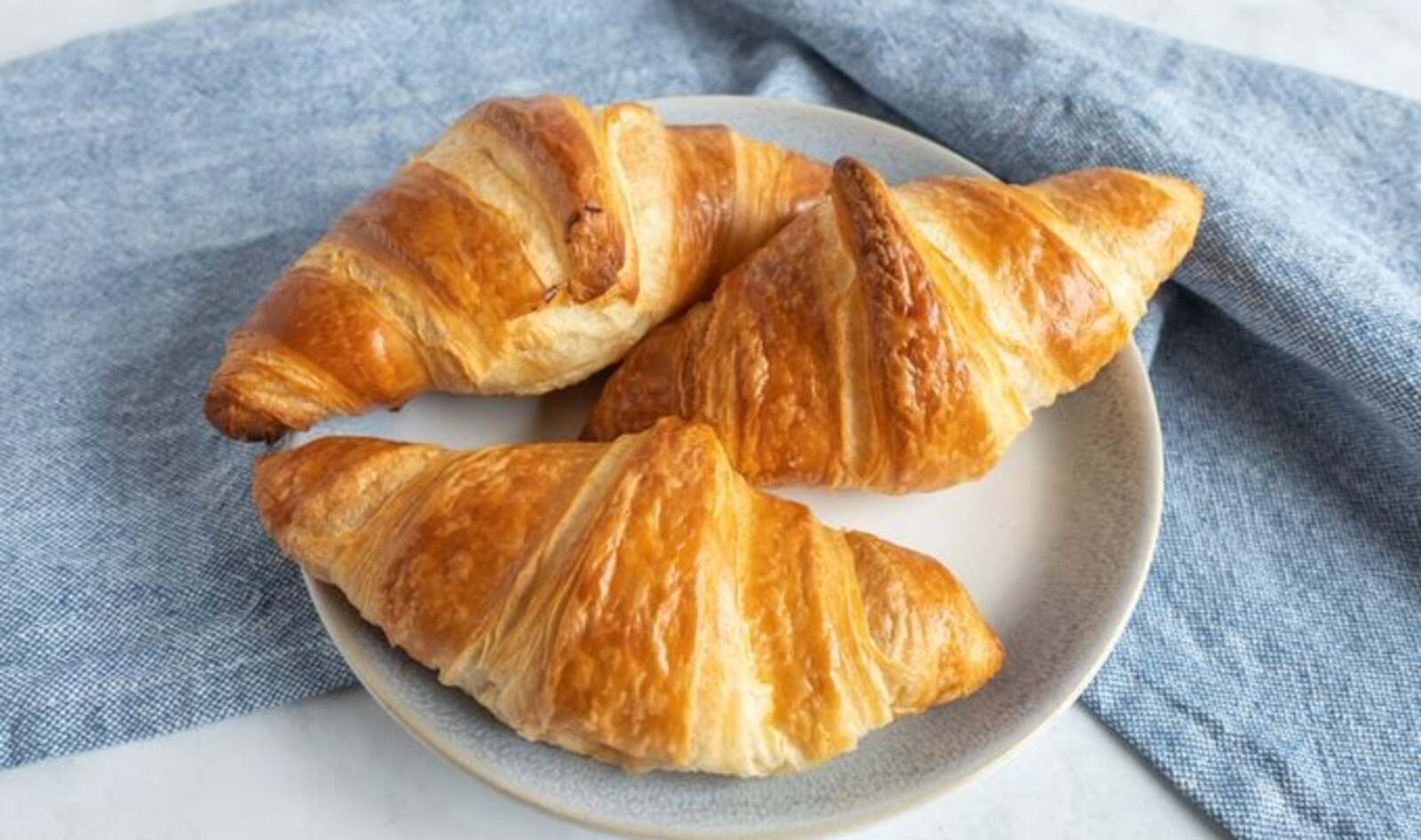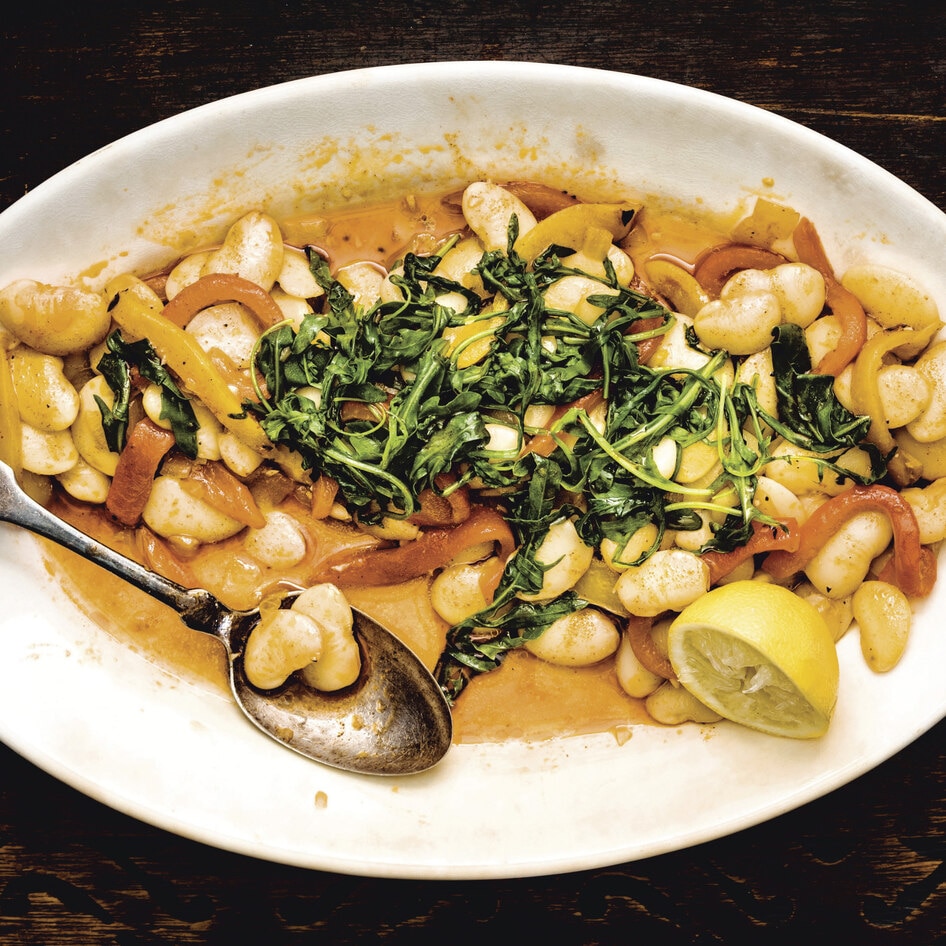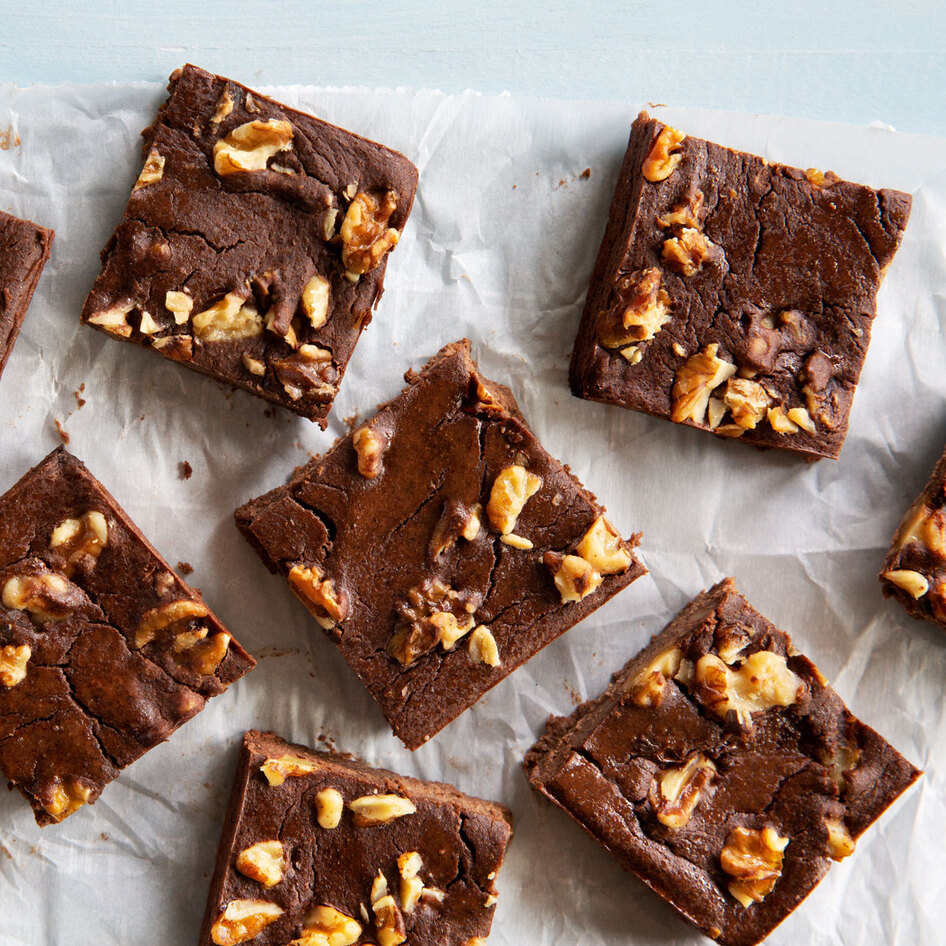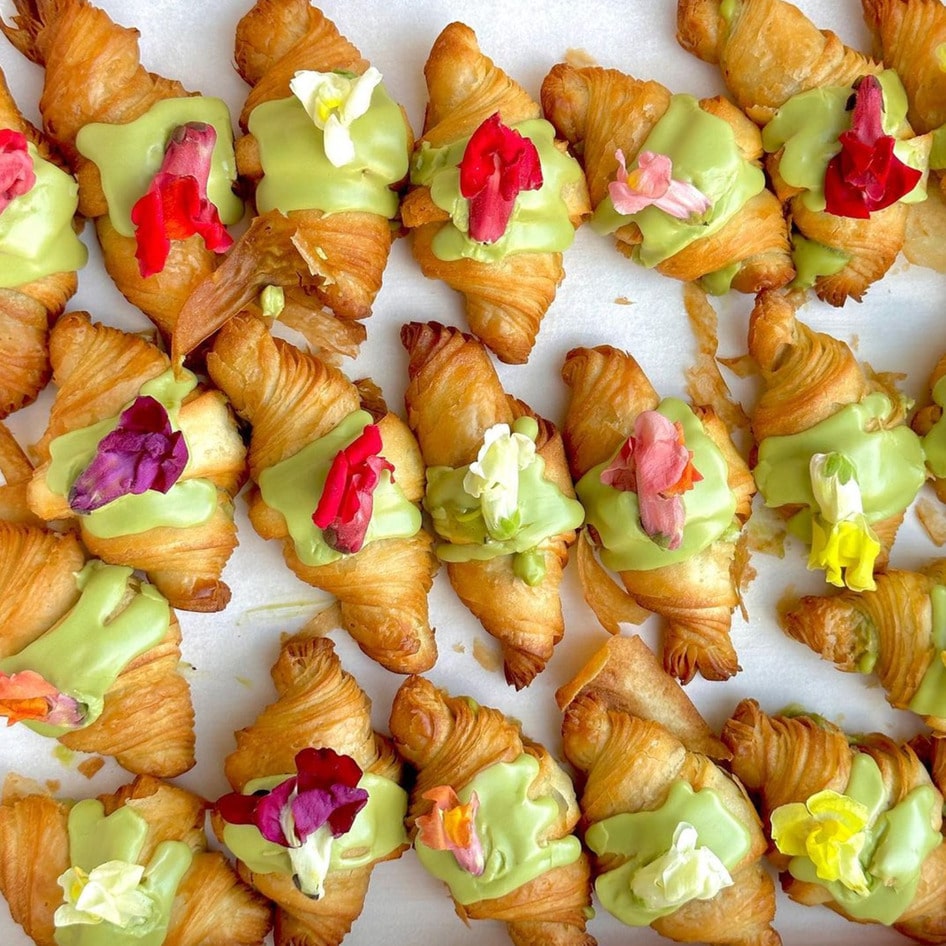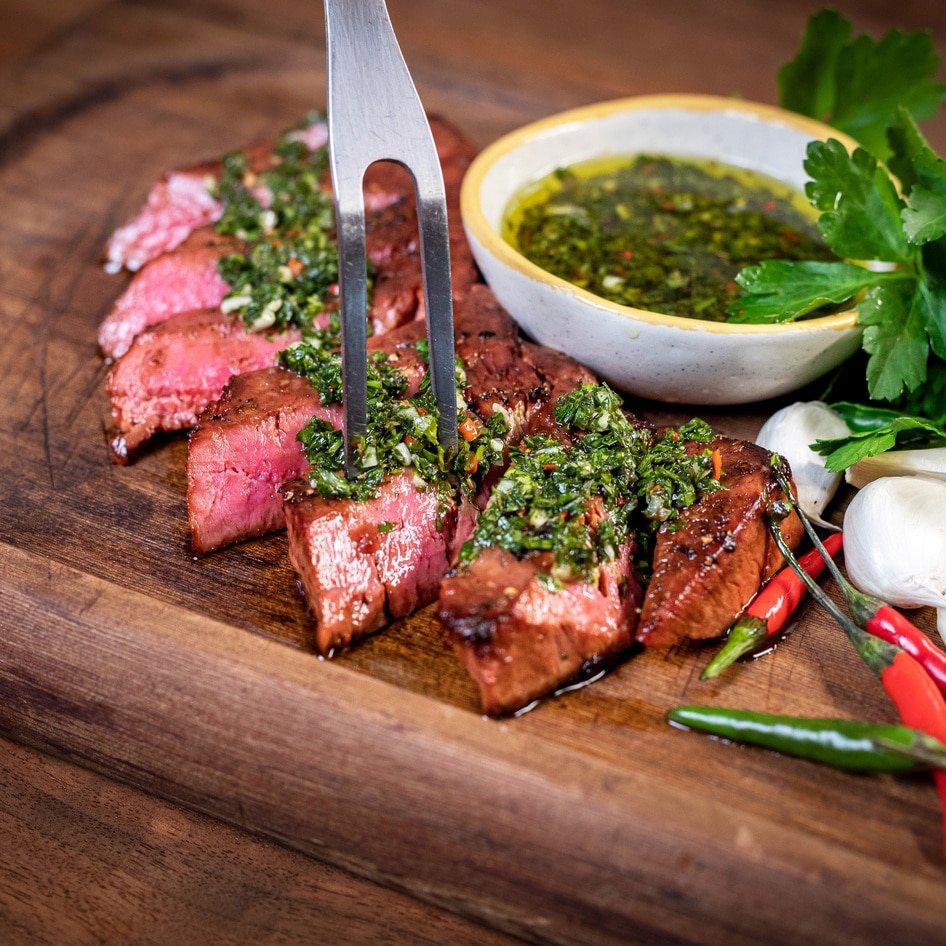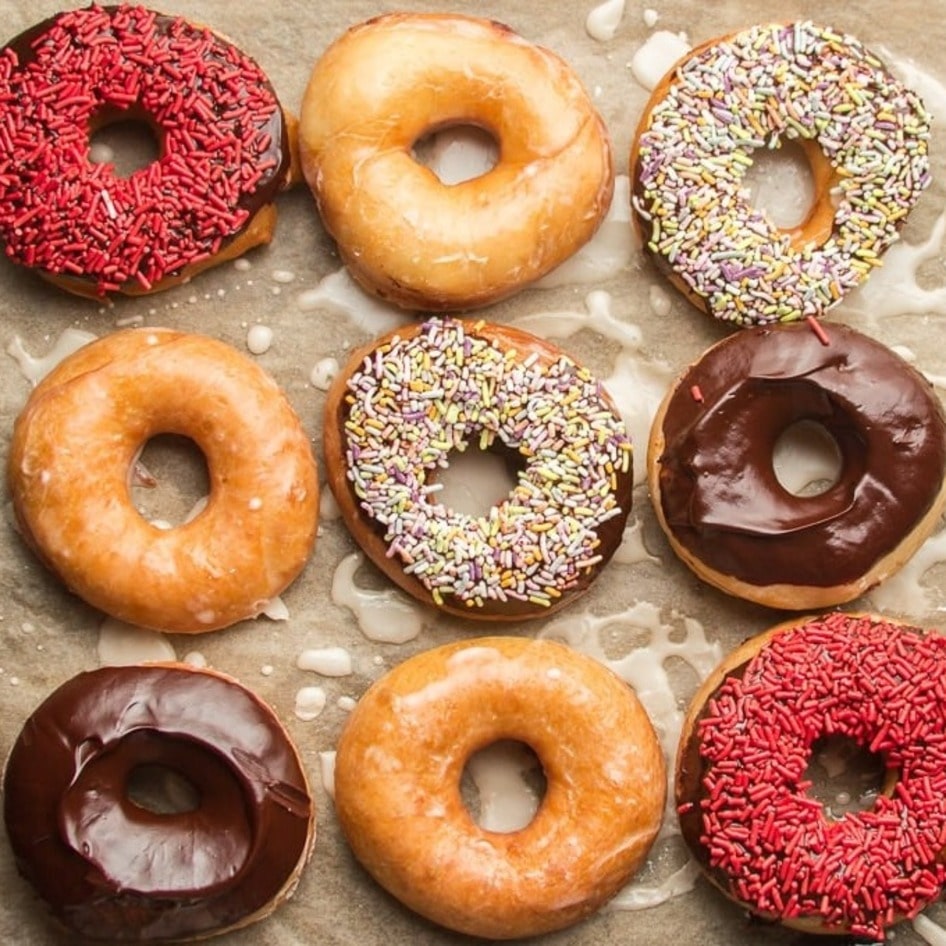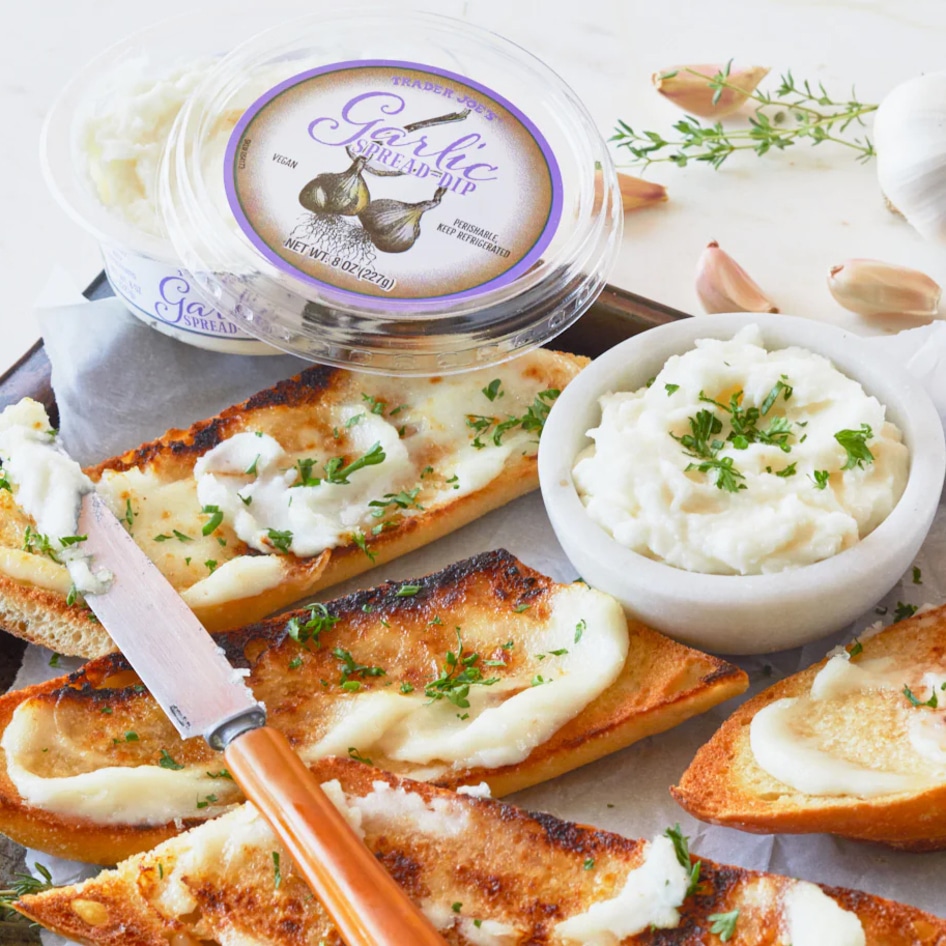Wildgrain, a subscription-based delivery service, is rewriting the rules of how bread, pasta, and pastries show up in American homes. Moving beyond supermarket loaves, the brand is betting on the idea that bakery-quality carbs can arrive straight to your door frozen and still taste like a weekend in the French countryside.
From tech to sourdough
Before Wildgrain became the name behind the first bake-from-frozen delivery box for sourdough breads and fresh pasta, it was the passion project of Johanna Hartzheim and Ismail Salhi. The husband-and-wife duo had backgrounds in tech but missed the quality and texture of European breads after moving to the US.
“We really missed the quality of the sourdoughs and other European breads. A trip to Germany reignited that passion when Johanna tasted sourdough at a friend’s house and thought, ‘this is the best bread I’ve ever had,’” Salhi told CityBiz.
That moment sparked a year-long journey of fermentation experiments and deep-dive research into traditional baking.
In 2020, the couple launched Wildgrain out of their Boston home, focused not just on quality ingredients, but on making the experience of baking feel effortless and beautiful. Their obsession wasn’t about convenience—it was about restoring reverence to the daily bread.
And, in a post-gluten-fearing, protein-worshipping world, carbs—once demonized by diet culture—are making a comeback. Celebrities like Stanley Tucci, whose pasta-loving persona has become a celebration of Italian indulgence, and Bella Hadid, who was recently photographed eating a croissant in Paris like it was performance art, are helping fuel a broader culture shift.
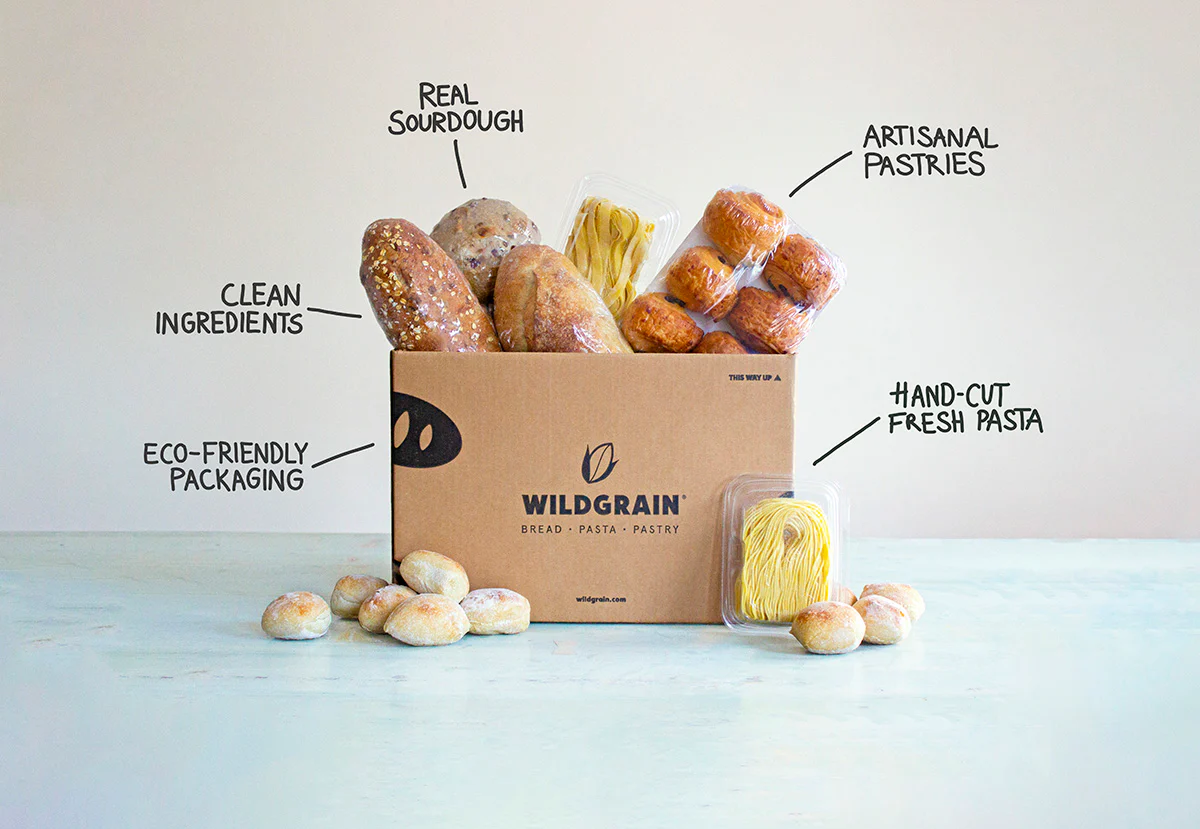 Wildgrain
Wildgrain
Wildgrain taps directly into this recalibration. Its visual branding feels like an homage to small-batch craftsmanship, with no glossy finish. The brand boasts indulgent flavors, textures, and ingredients you can pronounce. “We listen to what our customers want and try to identify gaps in the market where we can make a real impact,” Salhi said. “We’re also guided by our own love for food—if there’s a flavor or product that excites us, we explore it. For us, it’s crucial that every new product we launch is something we believe in and that aligns with our commitment to quality.”
Inside the box
Each month, Wildgrain subscribers receive a curated mix of products: hand-scored sourdough boules, flaky croissants, pita bread, biscuits, maple waffles, and even chewy pasta. Everything is made with simple, clean ingredients and arrives frozen—ready to bake without thawing. Every subscription includes perks like free croissants for life, the option to skip or reschedule shipments, and a no-commitment cancellation policy.
Wildgrain’s new Plant-Based Box has become one of its fastest-growing offerings, reflecting a broader cultural shift toward conscious, ingredient-driven eating. The all-vegan collection includes loaves free from honey, croissants layered with plant-based butter, and eggless pastas that deliver the same chew and richness as their traditional counterparts. Wildgrain isn’t positioning this box as a compromise—it’s framed as a new standard.
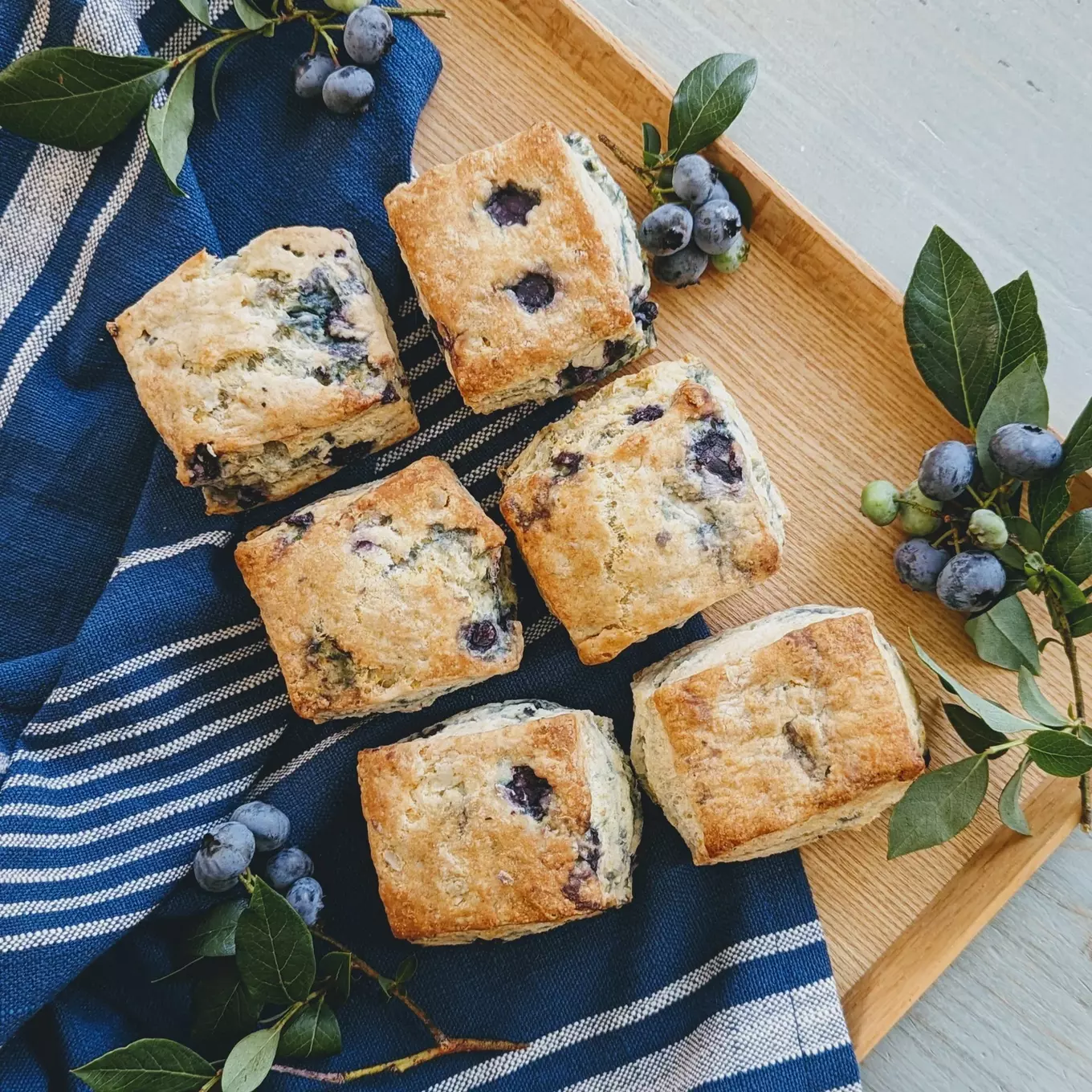 Wildgrain
Wildgrain
The company said it heard from customers who wanted that same crusty, chewy, luxurious bread experience but with plant-based ingredients—and its no surprise. Flexitarianism is rising, with one in four Americans now saying they’ve cut back on animal products, according to data from Statista. Plant-based frozen food sales are also up, with The Food Institute reporting that consumers buying plant-based frozen meals increased their percent of sales in dollars from 12 percent to 22 percent between 2022 and 2023.
Wildgrain’s growth has been as steady as its sourdough rise. In just three years, the company has surpassed $30 million in revenue and achieved profitability—an outlier in the world of direct-to-consumer food startups. According to Salhi and Hartzheim, the company’s success can be attributed to two key factors: an unwavering focus on customer retention and an intentionally tight product catalog.
Unlike many meal kit companies that expand into dozens of SKUs and experience high churn, Wildgrain maintains a minimal, artisan-driven lineup. Everything is made with long fermentation times, no preservatives, and a focus on flavor and mouthfeel. The brand knows exactly who it’s speaking to—and doesn’t dilute its voice.
“What really sets us apart is our commitment to the sourdough fermentation process,” says Hartzheim. “We give our dough the time it needs to develop its flavor, which results in a rich, tangy taste that’s missing from most mass-produced options. Plus, the frozen process ensures that this incredible flavor stays intact until you’re ready to bake it at home.”
Wildgrain leans into its 26-hour fermentation process for its sourdough loaves. That slow rise unlocks depth of flavor and increased digestibility, making their breads not only richer but potentially easier on the gut. This kind of process—painstaking and time-intensive—is rarely associated with frozen foods.
BECOME A VEGNEWS VIP: Get exclusive product deals, freebies, and perks galore!
That contrast is part of Wildgrain’s brand power: old-world craftsmanship meets modern convenience. Nutritionists and food reviewers alike have praised the company’s products for bridging the gap between health and comfort food.
Sustainability without the marketing gimmicks
Though it avoids greenwashing buzzwords, Wildgrain incorporates sustainability into its business model. The company partners with small bakeries and pasta makers across the US and focuses on clean, non-GMO ingredients. That focus on impact—along with ingredient integrity—is resonating.
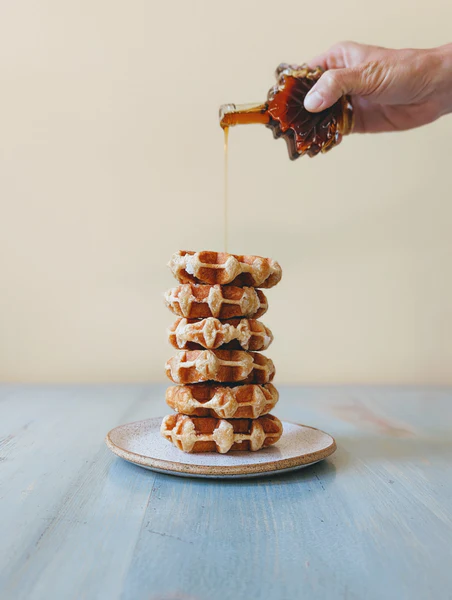 Wildgrain
Wildgrain
Wildgrain’s rise comes at a time when frozen food is shedding its dated image. Once associated with TV dinners and discount store waffles, the frozen aisle is being reimagined by brands that prioritize taste and transparency. Frozen food also helps decrease food waste—an epidemic in American homes.
“Frozen might have a bad reputation, but we’ve proven that freezing bread at its peak freshness actually preserves its artisanal quality,” Salhi says. “We’ve redefined what people think of when they hear ‘frozen’ food—because at Wildgrain, frozen means fresh, high-quality, and delicious.”
For more plant-based stories like this, read:
JUMP TO ... Latest News | Recipes | Guides | Health | Subscribe

